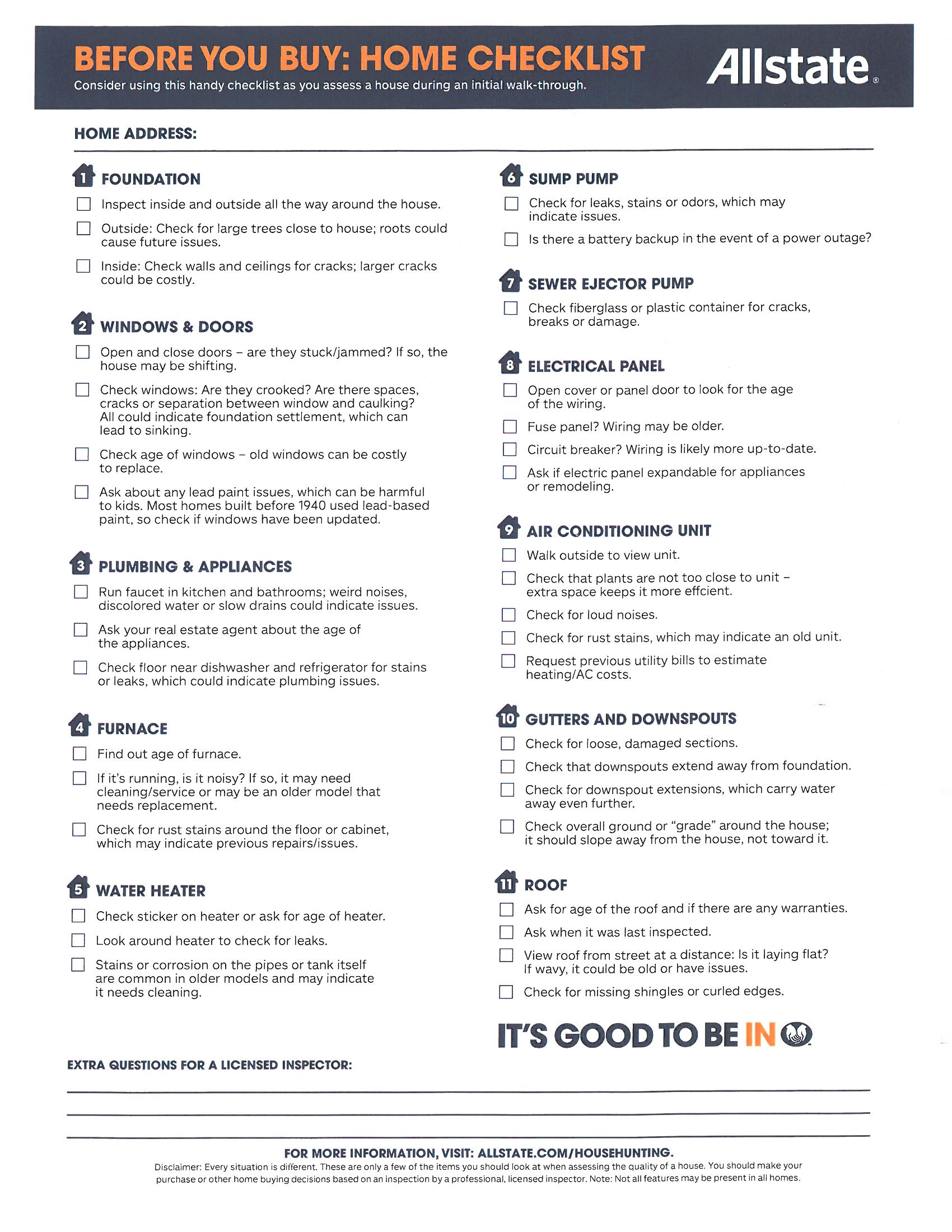HouseLogic Tax Guide
/As tax season approaches, we all can use reminders and tips. Today’s is about how long to keep those records. Enjoy!
HOUSELOGICS:
File-with-Confidence Tax Guide
How Long to Keep Tax Records: A Checklist
For most tax deductions, you need to keep receipts and documents for at least 3 years.
Unless you live in a Hollywood Hills mansion, you probably don’t have space to store years of tax and insurance paperwork, warranties, and repair receipts related to your home.
But you need that paperwork if you need to prove you deserve the tax deductions you took, to file an insurance claim, or to figure out if your busted oven is still under warranty.
To help you organize your piles of papers, we’ve created a handy checklist of how long to keep tax records.
First, a little background on IRS rules, which informed some of our charts:
· The IRS says you should keep tax returns and the paperwork supporting them for at least three years after you file the return — the amount of time the IRS has to audit you. So that’s how long we advise.
· Check with your state about state income tax records. Most states make you keep them as long as the federal government does — three years. But Montana wants you to keep them for five years. And Ohio recommends you hang on to them 10 years. Yes, an entire decade.
· The IRS can also ask for records up to six years after a filing if they suspect someone failed to report 25% or more of their gross income. And the agency never closes the door on an audit if it suspects fraud. Just sayin’.
Get tip on home buying taxes
/Closing Costs
The one-time home purchase costs that are tax deductible as closing costs are real estate taxes charged to you when you closed, mortgage interest paid when you settled, and some loan origination fees (a.k.a. points) applicable to a mortgage of $750,000 or less.
But you’ll only want to itemize them if all your deductions total more than the standard deduction.
Costs of closing on a home that aren’t tax deductible include:
Real estate commissions
Appraisals
Home inspections
Attorney fees
Title fees
Transfer taxes
Mortgage refi fees
Mortgage interest and property taxes are annual expenses of owning a home that may or may not be deductible.
RPAC is now on FACEBOOK
/This is great news!! RPAC has joined Facebook!
It is chuck full of information and activities.
Please go to: RPAC Updates and like it, follow it, visit it often
Ever Wonder When do I Get the Best Deal?
/Do you remember the old saying “to get a good deal on a car buy it in the fall right before the new models come out”? This calendar from House Logic may help.
A New Way for Prospective Home Buyers to Start Saving for Their First Home In Iowa.
/BUYING A FIRST HOME JUST GOT EASIER










